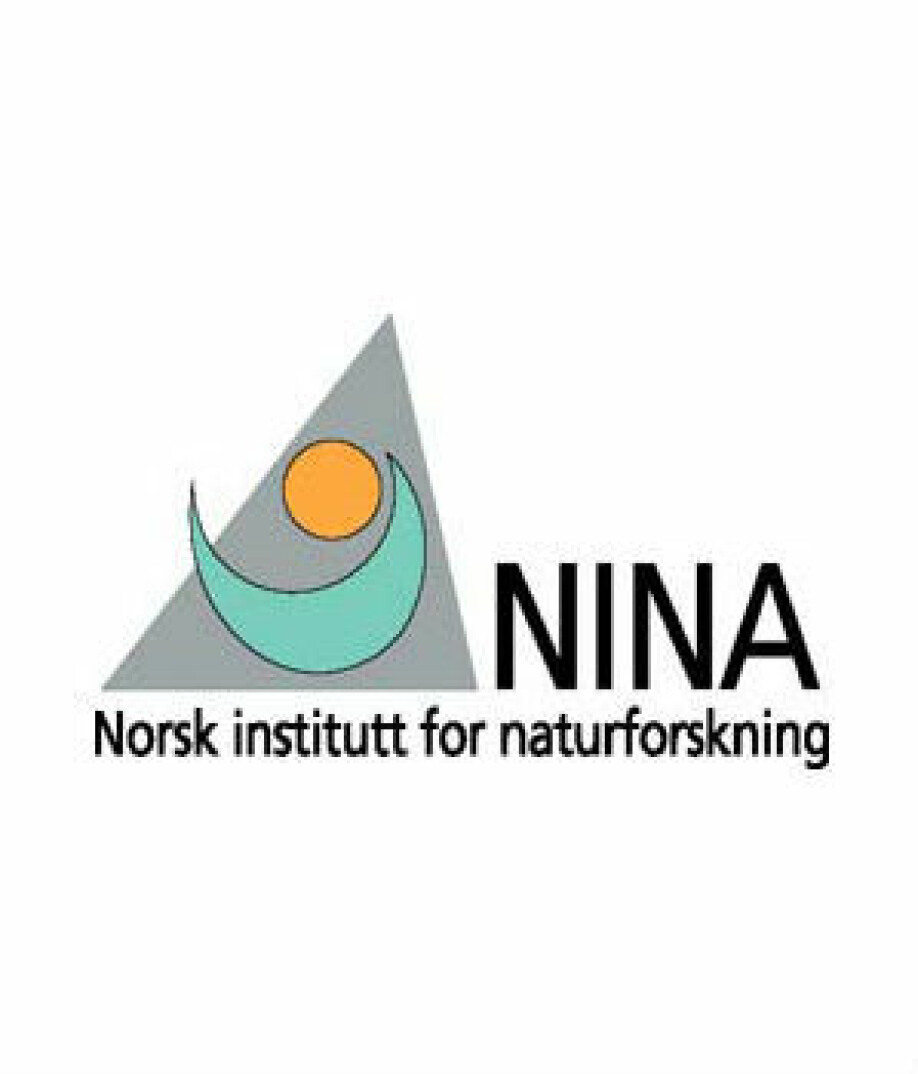Stilling:
Postdoc in cumulative impact of anthropogenic activities on reindeer
Application deadline: 15 February 2019

Ref SLU ua 2019.2.5.1-100
Department of Animal Nutrition and Management, SLU and Terrestrial Department, NINA – Norwegian Institute for Nature Research, Norway
A 1+2-year postdoctoral position in reindeer large-scale spatial behaviour and impact of anthropogenic land use is chaired between at the Department of Animal Nutrition and Management at Swedish University of Agricultural Sciences and the Terrestrial Department at the Norwegian Institute for Nature Research, NINA, Trondheim, Norway.
The Department of Animal Nutrition and Management offers an inspiring research environment where we study metabolic processes and nutrient utilization in animals, management in various animal production systems. Within the Reindeer husbandry research area our goal is to develop knowledge that strengthens the long-term sustainability of reindeer husbandry and provides tools that help the industry to cope with external stress from natural factors as well as other industry and human activities on the land. The research focuses on production conditions for reindeer husbandry and interaction with the surrounding world.
NINA is an independent foundation focusing on environmental research, emphasizing the interaction between human society, natural resources and biodiversity. Our research team focusses on the study of cumulative impact of anthropogenic activities on species’ space use. Our ultimate goal is to increase sustainability in land planning and land use, to grant long term coexistence between species – in particular reindeer - and man.
For extensive herding systems, such as reindeer husbandry, anthropogenic activities pose major challenges to sustainability. Rangifer, an ancient migratory ungulate with among the largest spatial requirements among terrestrial species, are particularly sensitive to human activities and infrastructure development, such as wind power, hydropower, roads, tourism, forestry, etc. Quantifying the cumulative impact of anthropogenic activities and planning for connectivity conservation in reindeer habitat is of paramount importance both for the conservation of wild populations, and also for safeguarding reindeer husbandry and the traditional lifestyles of Sami herders.
Tasks:
The post doc will be involved in two projects concerning reindeer and anthropogenic development. One project (one year) will focus on using long-term reindeer GPS-data to quantify the impact of wind power development along with other anthropogenic development in the boreal forest winter ranges in Sweden. In a second project (two years) the work will continue and will expand, focussing towards the quantification of cumulative impact of anthropogenic activities and planning for connectivity conservation in reindeer habitats, both wild and domesticated, in Scandinavia.
The post doc will be supported by an international, highly interdisciplinary team with long experience integrating advances in animal ecology and computer science. The team is developing an approach to quantify cumulative impacts on connectivity conservation, identify vulnerable areas, and perform scenario analyses to guide sustainable development. The post doc will apply this approach on GPS-monitored reindeer across Sweden and Norway to synthesize knowledge, identify tolerance thresholds, and quantify the total impact of various stressors (climate, roads, railways, renewable energy, tourism, forestry, depredation, parasites etc.) on Rangifer. Finally, the post doc will contribute to producing zonation maps, and analysing scenarios of changes in climate and land use, to concretely assist sustainable development.
Qualifications:
The applicant should hold a PhD in ecology within the last five years. The candidate is expected to have experience with animal movement ecology and connectivity conservation. These analytical skills are also required: analysis of GPS tracking data, Resource Selection Modelling / Ecological Niche Modelling, R programming language, GIS. Experience with spatial databases (PostGIS), Step Selection Modelling, zonation mapping, and large mammals is a merit.
A strong publication record (in relation to the time since dissertation) is a merit. The application must contain: i) a summary of the research experience, expectation on the position and future plans (max 1 page), ii) CV and iii) two reference persons.
Location: Ultuna, Uppsala, Sweden and Trondheim, Norway.
Employment: Time-limited employment 1 year at SLU, with the possibility of extension for 2 years at NINA after evaluation of the first year.
Access: 1 of April 2019 or upon agreement.
Application: Welcome with your application via the application button below no later than the 15 February 2019.
The Swedish University of Agricultural Sciences (SLU) develops the understanding and sustainable use and management of biological natural resources. The University ranks well internationally within its subject areas. SLU is a research-intensive university that also offers unique degree programmes in for example rural development and natural resource management, environmental economics, animal science and landscape architecture. SLU has just over 3,000 employees, 5,000 students and a turnover of SEK 3 billion. The university has invested heavily in a modern, attractive environment on its campuses in Alnarp, Umeå and Uppsala.
https://www.slu.se/institutioner/husdjurens-utfodring-vard/
SLU is an equal opportunity employer.
https://www.nina.no/Contact/employees/CV.aspx?ansattid=12908
https://www.nina.no/english/Research/Projects/Renewable-Reindeer
Contact person
Anna Skarin
+46 18-671954
firstname.surname@slu.se
Manuela Panzacchi
Researcher
+47 909 11 097
Manuela.Panzacchi@nina.no






